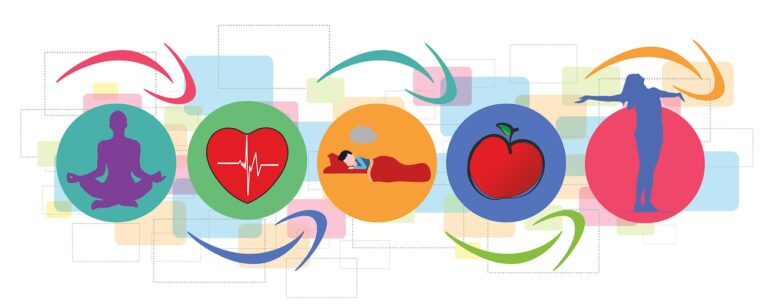Exploring the Role of Nutrition in Cancer Prevention
betsbhai9, radha exchange, lotus 365 login:Cancer is a prevalent and often devastating disease that affects millions of people worldwide. While there are many factors that can contribute to the development of cancer, including genetics and environmental exposures, research has shown that nutrition plays a crucial role in cancer prevention. By making informed choices about the foods we eat, we can help reduce our risk of developing cancer and improve our overall health and well-being.
The Role of Nutrition in Cancer Prevention
1. A Balanced Diet: Eating a balanced diet rich in fruits, vegetables, whole grains, and lean proteins can help reduce your risk of developing cancer. These foods are packed with vitamins, minerals, and antioxidants that can help protect your cells from damage and reduce inflammation in the body.
2. Antioxidants: Antioxidants are compounds found in many fruits and vegetables that help protect cells from damage caused by free radicals. Free radicals are unstable molecules that can damage DNA and increase the risk of cancer. By consuming foods high in antioxidants, such as blueberries, spinach, and nuts, you can help lower your risk of developing cancer.
3. Fiber: Fiber is essential for maintaining a healthy digestive system and can help reduce the risk of colorectal cancer. Foods high in fiber, such as whole grains, beans, and legumes, can help keep your digestive system functioning properly and reduce inflammation in the body.
4. Omega-3 Fatty Acids: Omega-3 fatty acids are essential fats found in fatty fish, flaxseeds, and walnuts that have been shown to have anti-inflammatory properties and may help reduce the risk of certain types of cancer, such as breast and prostate cancer.
5. Limiting Processed Foods: Processed foods, such as sugary snacks, fast food, and processed meats, are often high in unhealthy fats, sugars, and additives that can increase inflammation in the body and raise the risk of cancer. By limiting your intake of these foods and opting for whole, unprocessed foods instead, you can help reduce your risk of cancer.
6. Hydration: Staying hydrated is essential for overall health and can help reduce the risk of developing certain types of cancer, such as bladder cancer. Drinking plenty of water throughout the day can help flush toxins from the body and keep your cells healthy.
7. Alcohol and Tobacco: Limiting or avoiding alcohol and tobacco consumption is crucial for cancer prevention. Both alcohol and tobacco have been linked to an increased risk of several types of cancer, including lung, liver, and breast cancer. By avoiding these substances, you can help lower your risk of developing cancer.
FAQs
Q: Can certain foods actually prevent cancer?
A: While no single food can guarantee protection against cancer, eating a balanced diet rich in fruits, vegetables, whole grains, and lean proteins can help reduce your risk of developing cancer.
Q: Are there any foods I should avoid to lower my risk of cancer?
A: Limiting processed foods, sugary snacks, fast food, processed meats, and alcohol can help reduce inflammation in the body and lower your risk of cancer.
Q: How can I incorporate more cancer-fighting foods into my diet?
A: Try adding more fruits, vegetables, whole grains, and lean proteins to your meals. Snack on nuts, seeds, and berries for a quick and easy way to boost your antioxidant intake.
In conclusion, nutrition plays a vital role in cancer prevention. By making smart food choices and adopting a healthy lifestyle, you can help reduce your risk of developing cancer and improve your overall health and well-being. Remember to eat a balanced diet, rich in antioxidants, fiber, and omega-3 fatty acids, while limiting processed foods, alcohol, and tobacco. Your body will thank you for it in the long run.







